Home>Home Appliances>Heating & Cooling>Central Heating Leaks – How To Fix
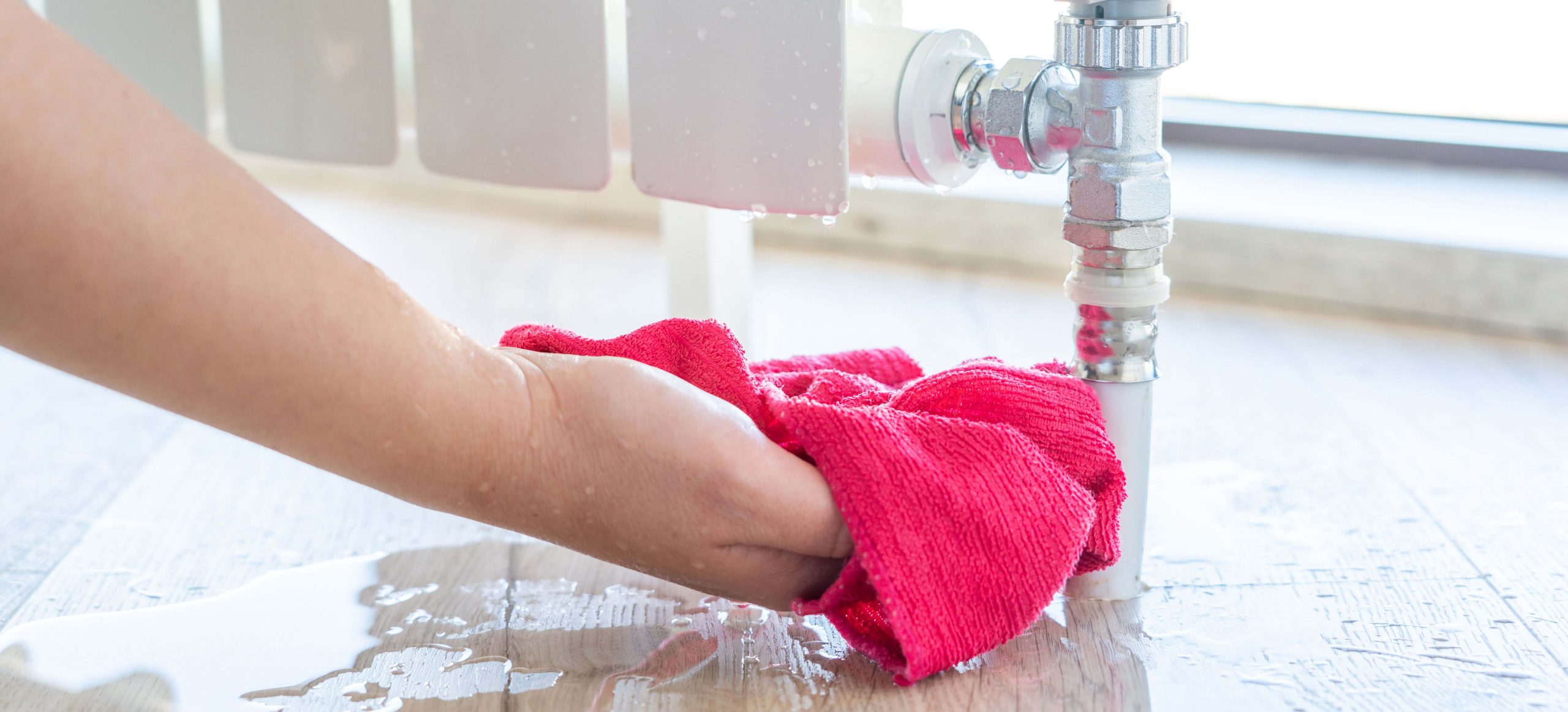

Heating & Cooling
Central Heating Leaks – How To Fix
Published: February 15, 2024
Learn how to fix central heating leaks and keep your heating and cooling system running efficiently. Expert tips and advice for DIY repairs.
(Many of the links in this article redirect to a specific reviewed product. Your purchase of these products through affiliate links helps to generate commission for Storables.com, at no extra cost. Learn more)
Introduction
Central heating systems play a crucial role in maintaining a comfortable and cozy environment within our homes. However, even the most reliable heating systems can encounter issues, and one of the most common problems is a leak. A leaking central heating system can lead to a range of issues, including reduced efficiency, increased energy bills, and potential water damage to your property. Therefore, it's essential to address any leaks promptly to prevent further complications.
In this comprehensive guide, we will delve into the various aspects of dealing with central heating leaks. From identifying the source of the leak to implementing effective solutions and preventive measures, we will equip you with the knowledge and insights needed to tackle this common issue with confidence.
Leaking central heating systems can stem from a variety of sources, such as damaged pipes, faulty valves, or deteriorating seals. By understanding the underlying causes and learning how to address them, you can ensure that your central heating system operates at its optimal level, providing consistent warmth and comfort throughout your living space.
Whether you're a homeowner, a tenant, or a property manager, having a solid grasp of central heating systems and how to address leaks can save you time, money, and unnecessary stress. By the end of this guide, you will be empowered to identify, fix, and prevent central heating leaks, allowing you to enjoy a well-functioning heating system without the worry of potential leaks disrupting your daily life.
Now, let's embark on this insightful journey to uncover the intricacies of central heating leaks and discover effective strategies to address them. Whether you're a seasoned DIY enthusiast or someone who's encountering this issue for the first time, this guide will provide you with the knowledge and confidence to tackle central heating leaks head-on.
Key Takeaways:
- Don’t ignore central heating leaks! Look for damp spots, strange noises, and pressure changes. Fix leaks by tightening connections, replacing seals, and getting professional help if needed.
- Prevent future leaks by scheduling regular maintenance, protecting against corrosion, and monitoring pressure. Insulate pipes, manage water quality, and address minor issues promptly.
Read more: How To Find A Leak In Central Heating
Identifying the Leak
Identifying a central heating leak is the crucial first step in addressing this common issue. Leaks can manifest in various forms, from visible water seepage to subtle signs of moisture accumulation. Here's how you can effectively identify the source of a central heating leak:
-
Visual Inspection: Begin by conducting a visual inspection of your central heating system. Look for any visible signs of water accumulation around the boiler, pipes, radiators, and valves. Pay close attention to areas where pipes connect to the boiler or radiators, as these junctions are common locations for leaks to occur.
-
Pressure Loss: Monitor the pressure gauge on your boiler. A sudden or consistent drop in pressure could indicate a leak within the system. If you notice a significant decrease in pressure over a short period, it's essential to investigate the cause promptly.
-
Unexplained Dampness: Keep an eye out for unexplained damp patches on walls, ceilings, or floors near the central heating components. These damp areas may indicate a hidden leak within the system, and addressing them early can prevent further damage to your property.
-
Strange Noises: Listen for any unusual sounds emanating from the central heating system. Gurgling or hissing noises, especially when the system is running, could be a sign of air or water escaping from a leak.
-
Corrosion and Rust: Check for signs of corrosion or rust on the pipes, radiators, and boiler. Corrosion can weaken the integrity of the system, leading to potential leaks. Additionally, rust-colored water or stains around the system components may indicate a leak.
-
Professional Inspection: If you're unable to pinpoint the source of the leak or suspect a hidden issue, it's advisable to seek the expertise of a qualified heating engineer. Professional inspection using specialized equipment can reveal hidden leaks within the system, ensuring a comprehensive assessment of the situation.
By diligently observing these indicators and conducting a thorough assessment of your central heating system, you can effectively identify the source of a leak. Once the leak is located, you can proceed to the next crucial step: fixing the issue to restore the optimal functionality of your central heating system.
Fixing the Leak
Once the source of the central heating leak has been identified, prompt action is essential to prevent further damage and restore the system's integrity. The appropriate approach to fixing the leak depends on the nature and severity of the issue. Here are the steps to effectively address a central heating leak:
-
Tightening Connections: If the leak originates from a loose or poorly connected joint, such as a pipe fitting or valve, tightening the connection may resolve the issue. Using appropriate tools, carefully tighten the affected joint to eliminate the leak. It's important to exercise caution to avoid over-tightening, which can lead to damage or future leaks.
-
Replacing Faulty Seals: Seals and gaskets within the central heating system can degrade over time, leading to leaks. Identify the specific seal causing the issue and replace it with a suitable replacement. Ensure that the new seal is compatible with the system's components and is installed according to the manufacturer's guidelines.
-
Repairing Damaged Pipes: In cases where the leak stems from a damaged or corroded pipe, repair or replacement may be necessary. Depending on the extent of the damage, a section of the pipe may need to be cut out and replaced with a new segment. It's crucial to use high-quality materials and adhere to proper installation techniques to ensure a reliable and long-lasting repair.
-
Valve Maintenance: Leaks originating from faulty valves can often be resolved through maintenance or valve replacement. Inspect the valves for signs of wear, corrosion, or damage. Cleaning, lubricating, or replacing the affected valves can effectively address the leak and restore the proper functioning of the central heating system.
-
Professional Assistance: For complex leaks or issues requiring specialized expertise, seeking the assistance of a qualified heating engineer is advisable. Professional technicians have the knowledge, experience, and tools to diagnose and address intricate central heating leaks, ensuring comprehensive and lasting solutions.
-
System Pressure Adjustment: In some cases, adjusting the system's pressure can mitigate minor leaks. However, it's crucial to follow the manufacturer's guidelines and consult a professional if frequent pressure adjustments are necessary, as they may indicate underlying issues within the system.
By employing these targeted strategies, you can effectively fix central heating leaks and restore the optimal functionality of your heating system. It's important to approach the repair process with care, precision, and a commitment to long-term reliability. Once the leak is successfully addressed, implementing preventive measures can help safeguard the system against future leaks and maintain its efficiency.
Remember, addressing central heating leaks promptly not only preserves the integrity of the system but also contributes to a safe and comfortable living environment. With the leak fixed, you can enjoy the consistent warmth and reliability of your central heating system without the worry of potential disruptions.
If you notice a central heating leak, turn off the system and locate the source of the leak. It could be a faulty valve, pipe, or radiator. Once you find the source, you can either tighten the connection or replace the damaged component.
Preventing Future Leaks
Preventing future central heating leaks is essential for maintaining the long-term efficiency and reliability of your heating system. By implementing proactive measures, you can minimize the risk of leaks and ensure that your central heating system operates at its optimal level. Here are effective strategies to prevent future leaks:
-
Regular Maintenance: Schedule routine maintenance for your central heating system to identify and address potential issues before they escalate into leaks. Professional inspections, cleaning, and component checks can help maintain the system's integrity and prevent unexpected leaks.
-
Corrosion Protection: Protecting the system components from corrosion is crucial in preventing leaks. Consider applying corrosion-resistant coatings to pipes and radiators, and ensure that the system's water chemistry is properly balanced to inhibit corrosion and extend the lifespan of the components.
-
Pressure Monitoring: Regularly monitor the system's pressure to detect any fluctuations that may indicate a potential leak. Sudden drops or rises in pressure can signal underlying issues that, if addressed promptly, can prevent leaks from developing.
-
Seal and Gasket Maintenance: Inspect and maintain seals and gaskets within the central heating system. Over time, these components can deteriorate, leading to leaks. By replacing worn seals and gaskets as part of routine maintenance, you can prevent leaks from occurring.
-
Proper Insulation: Ensure that exposed pipes and components are adequately insulated, especially in colder climates. Proper insulation helps prevent freezing, which can lead to pipe damage and subsequent leaks.
-
Water Quality Management: Maintain the quality of the water circulating in the central heating system. Proper water treatment and filtration can prevent the accumulation of debris and sediment, reducing the risk of blockages and leaks within the system.
-
Timely Repairs: Address any minor issues promptly to prevent them from developing into larger leaks. Whether it's a small drip or a minor valve malfunction, timely repairs can mitigate the risk of extensive leaks and associated damage.
-
Professional Servicing: Engage qualified heating engineers for periodic servicing and thorough system checks. Professional expertise ensures that potential issues are identified early, preventing leaks and preserving the efficiency of the central heating system.
By incorporating these preventive measures into your central heating system maintenance routine, you can significantly reduce the likelihood of future leaks, prolong the system's lifespan, and enjoy consistent warmth and comfort in your living space.
Remember, proactive maintenance and attentive care are key to safeguarding your central heating system against potential leaks, ensuring its longevity and reliable performance for years to come.
Conclusion
In conclusion, addressing central heating leaks is a vital aspect of maintaining the efficiency, reliability, and safety of your heating system. By diligently identifying, fixing, and preventing leaks, you can ensure that your home remains a comfortable and welcoming space, free from the disruptions and potential damage associated with central heating issues.
Central heating leaks can stem from various sources, including damaged pipes, faulty valves, deteriorating seals, and corrosion within the system. Through a combination of visual inspections, pressure monitoring, and professional assessments, you can effectively pinpoint the source of a leak and take the necessary steps to rectify the issue.
When it comes to fixing central heating leaks, a targeted approach tailored to the specific nature of the leak is essential. Whether it involves tightening connections, replacing seals, repairing pipes, or seeking professional assistance, addressing the leak promptly is crucial to preventing further damage and restoring the system's integrity.
Furthermore, implementing preventive measures is key to safeguarding your central heating system against future leaks. Regular maintenance, corrosion protection, pressure monitoring, seal and gasket maintenance, proper insulation, water quality management, and timely repairs collectively contribute to minimizing the risk of leaks and preserving the system's longevity.
By embracing a proactive approach to central heating maintenance and care, you can enjoy the consistent warmth, efficiency, and peace of mind that come with a well-maintained heating system. Whether you're a homeowner, a tenant, or a property manager, the knowledge and strategies outlined in this guide empower you to tackle central heating leaks with confidence and ensure the long-term functionality of your heating system.
In essence, addressing central heating leaks is not only a matter of practical maintenance but also a commitment to creating a safe, comfortable, and reliable living environment. With the insights gained from this guide, you are equipped to navigate the complexities of central heating systems and effectively manage leaks, ensuring that your home remains a haven of warmth and comfort throughout the seasons.
Frequently Asked Questions about Central Heating Leaks - How To Fix
Was this page helpful?
At Storables.com, we guarantee accurate and reliable information. Our content, validated by Expert Board Contributors, is crafted following stringent Editorial Policies. We're committed to providing you with well-researched, expert-backed insights for all your informational needs.
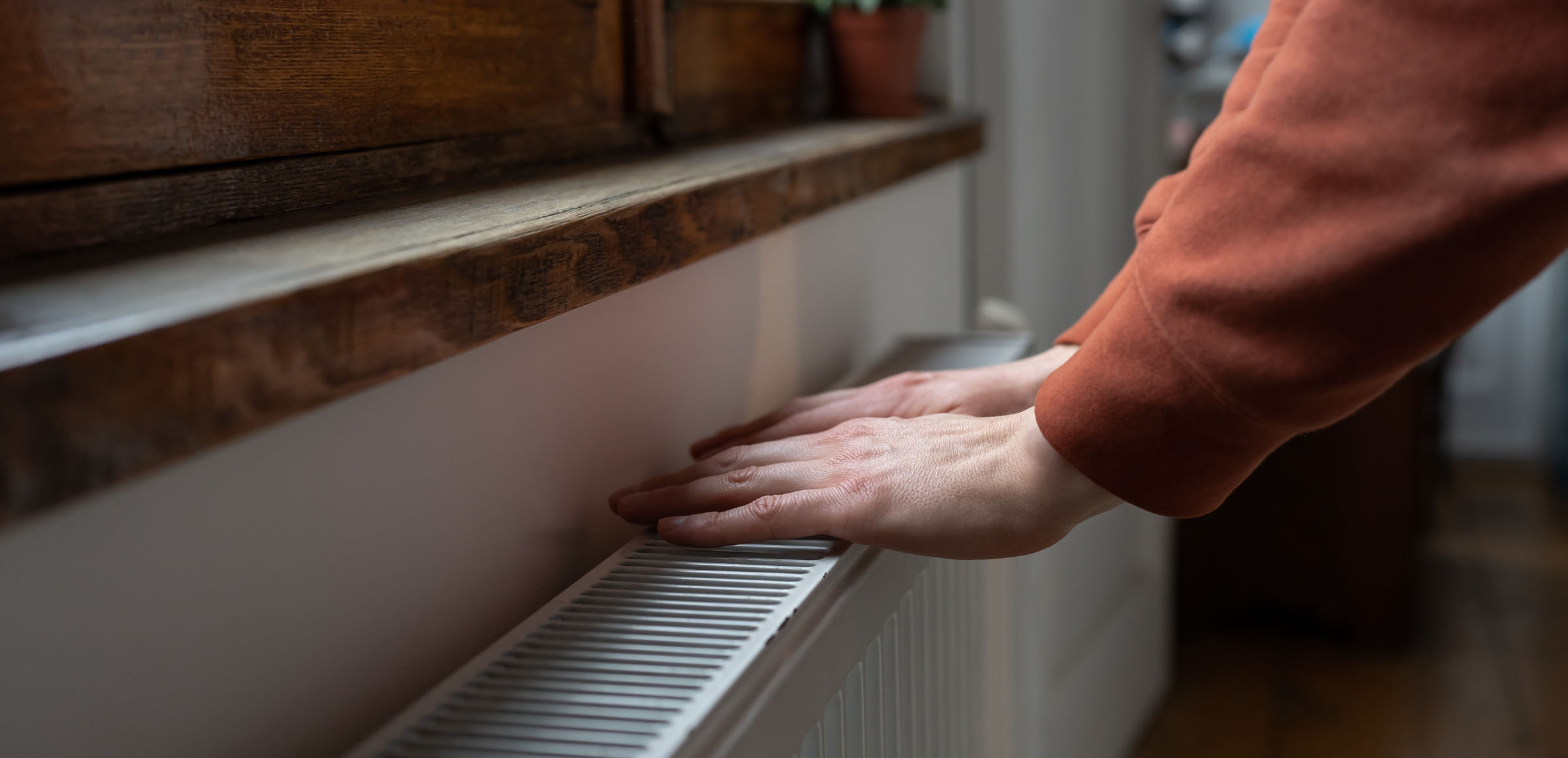
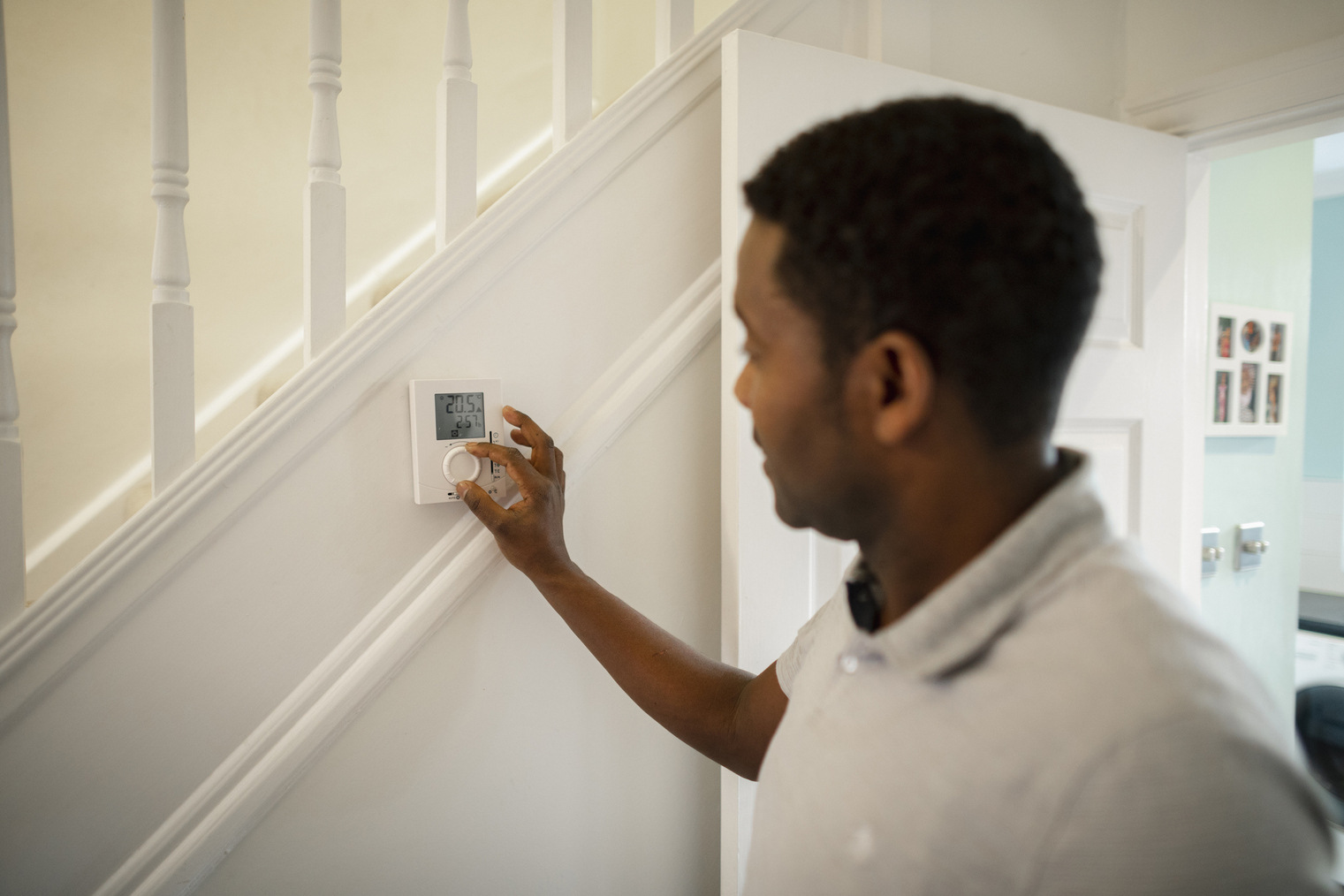
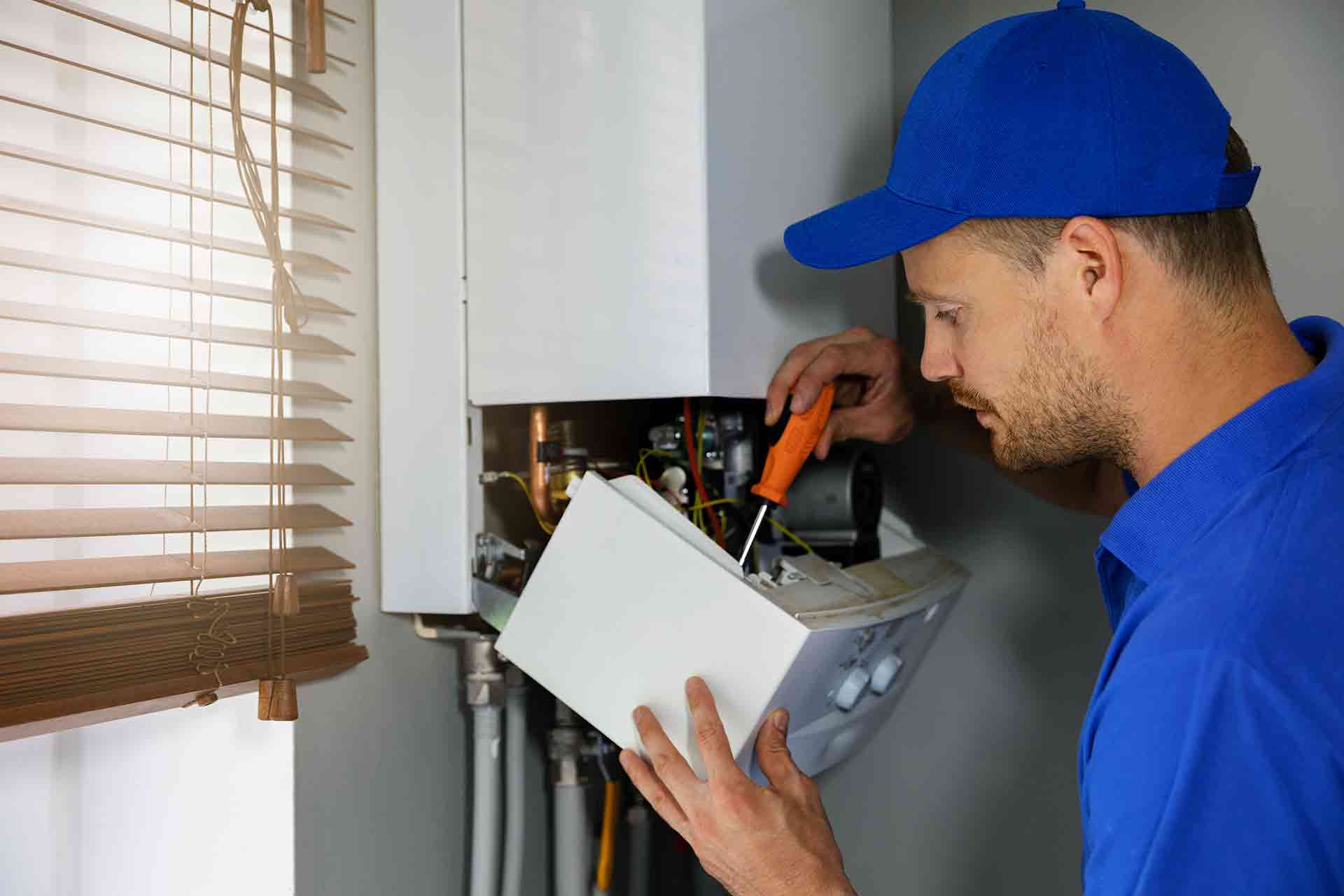
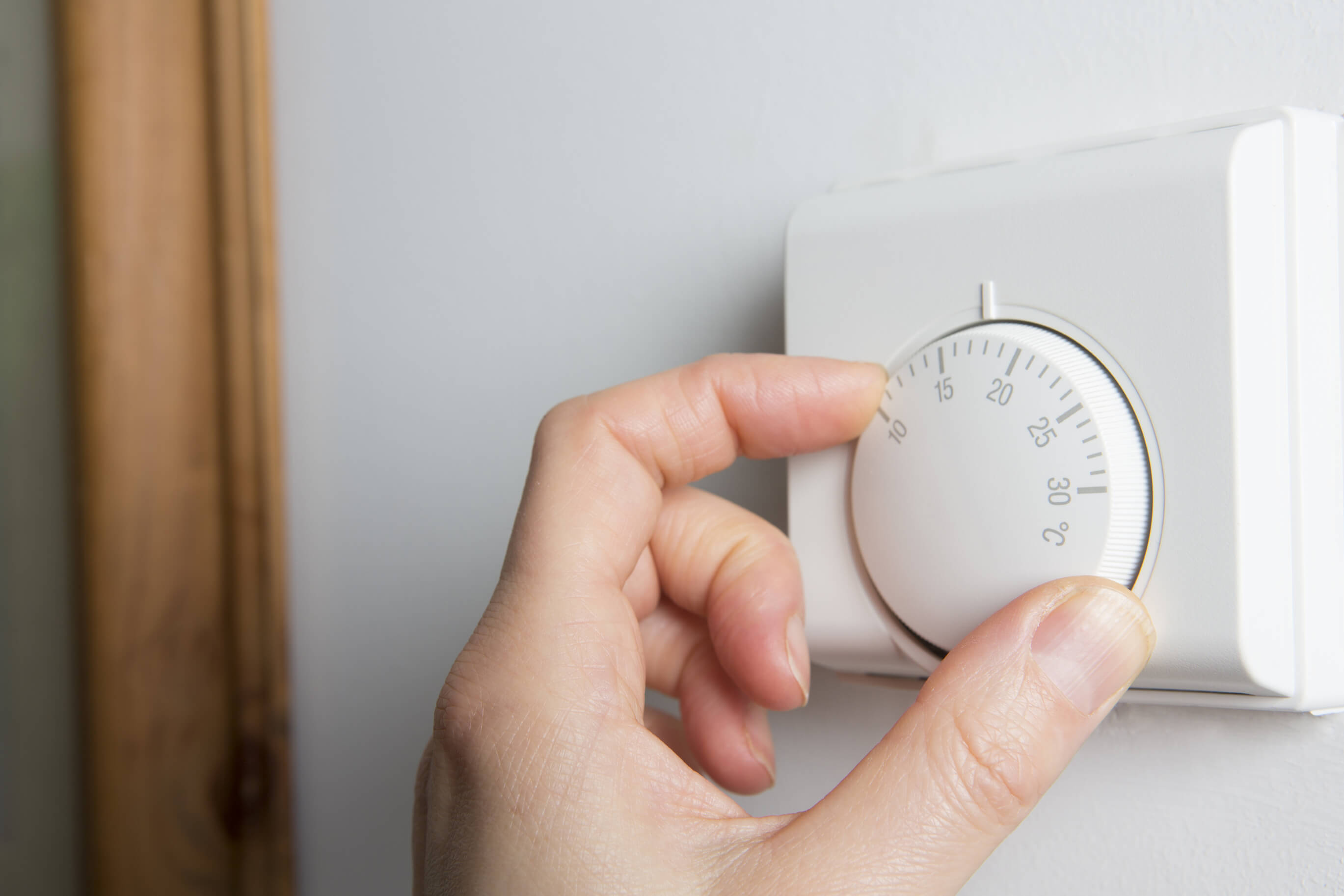
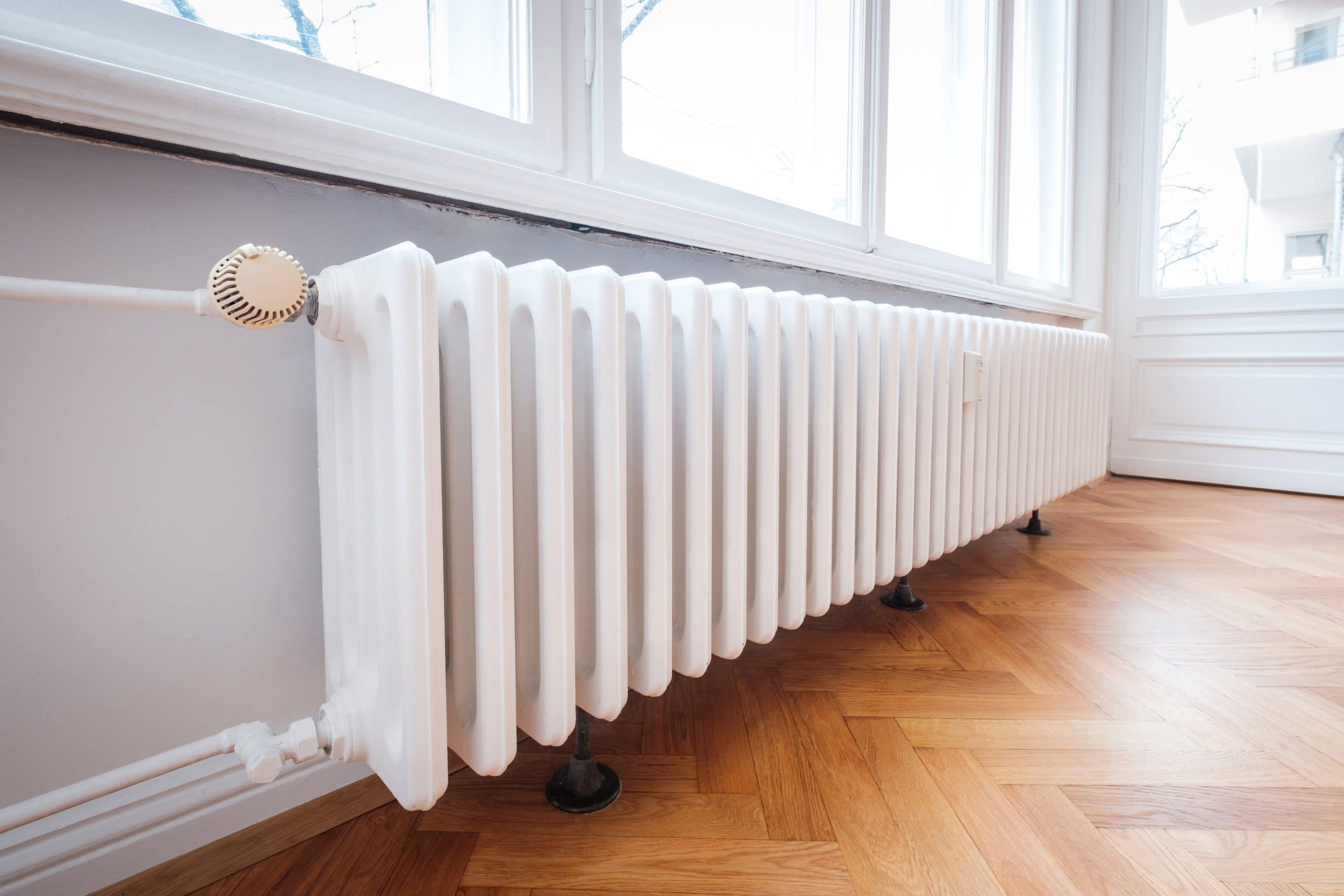
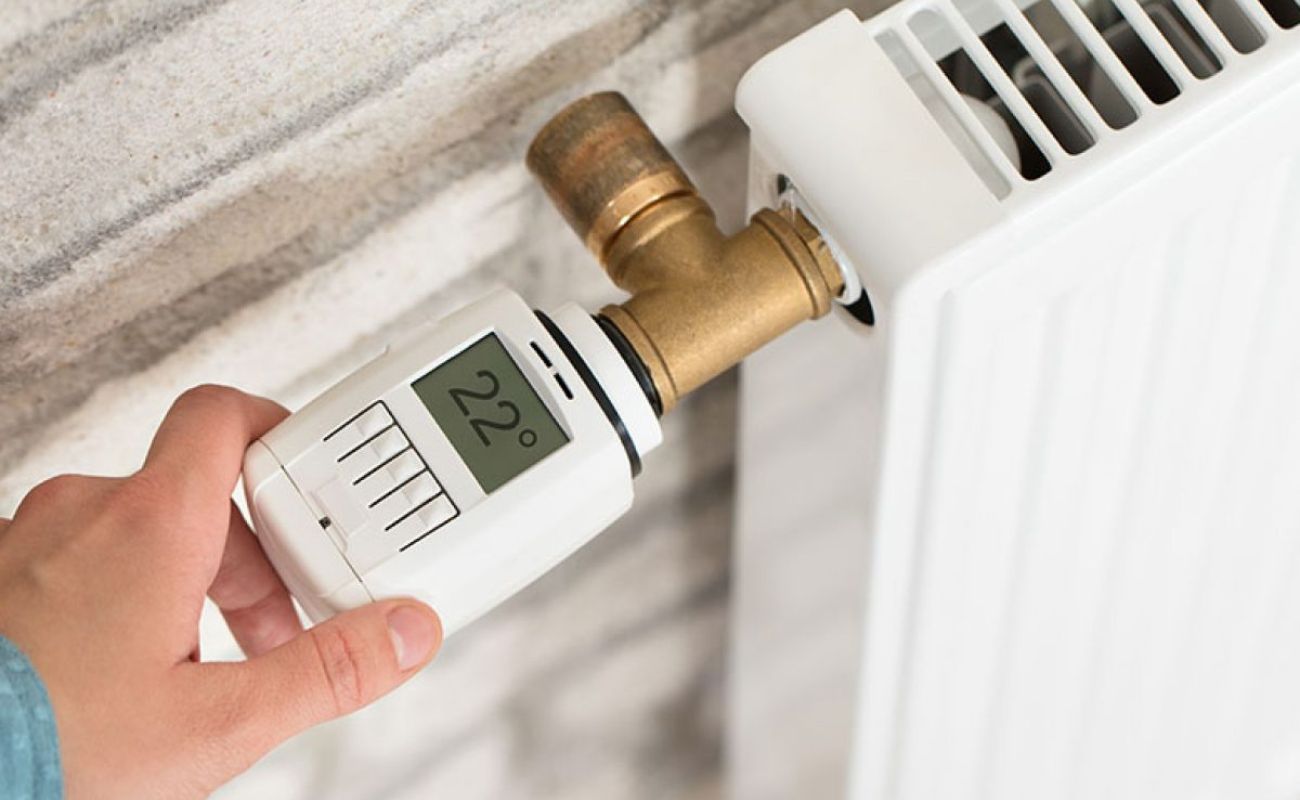

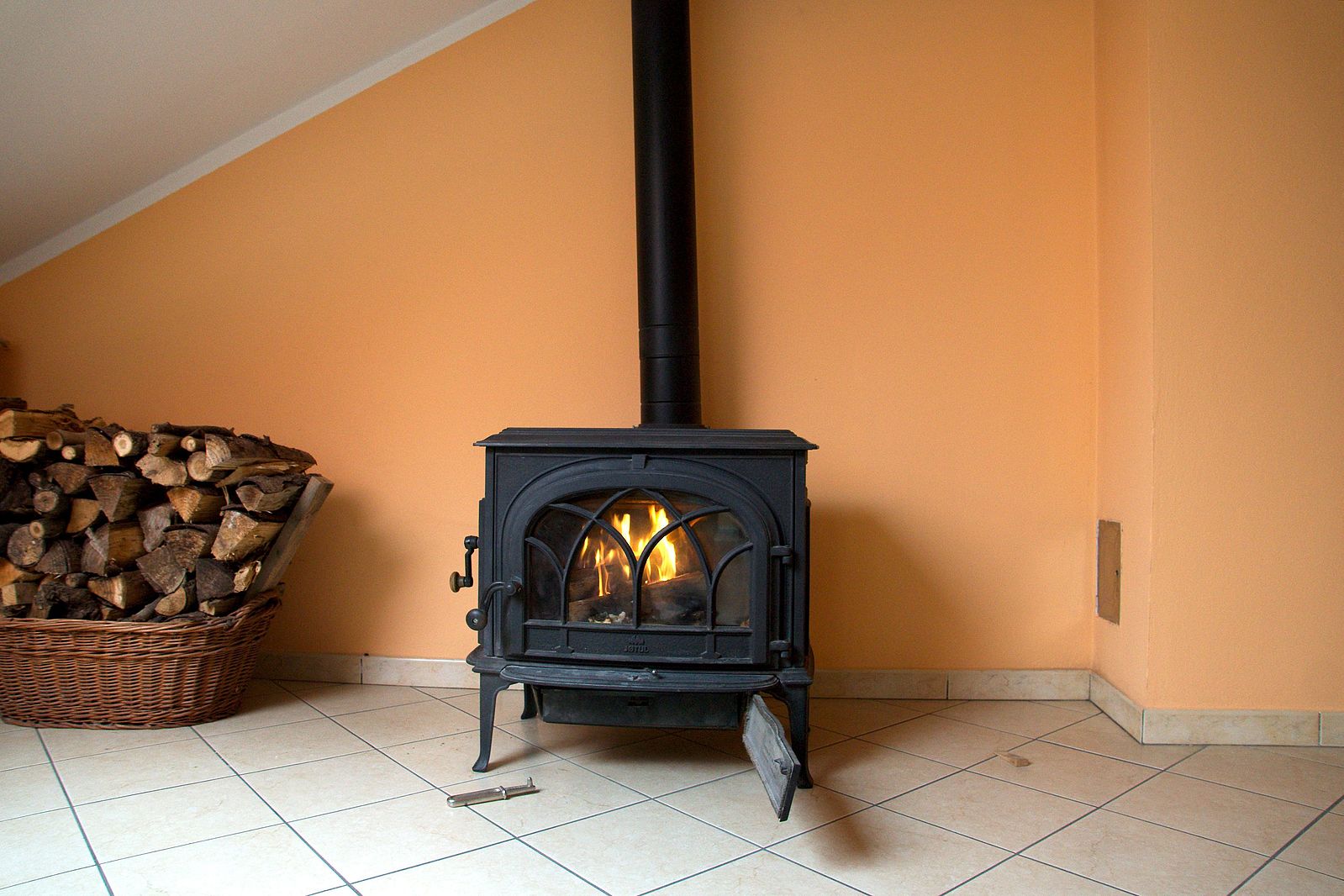
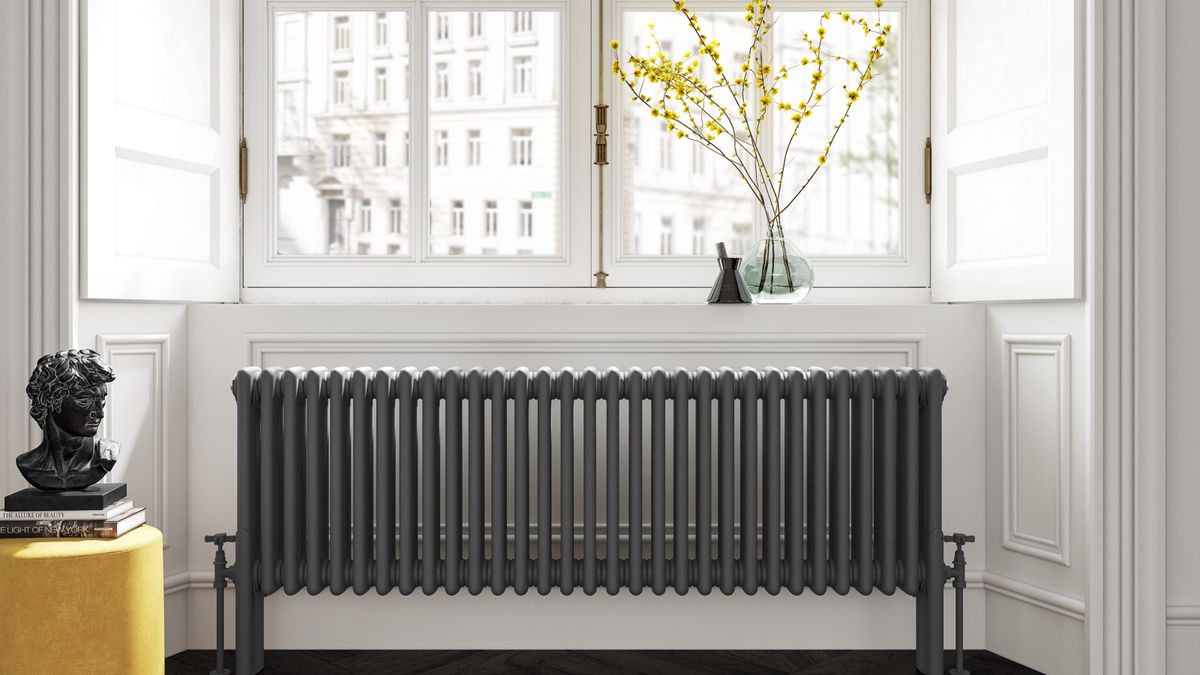
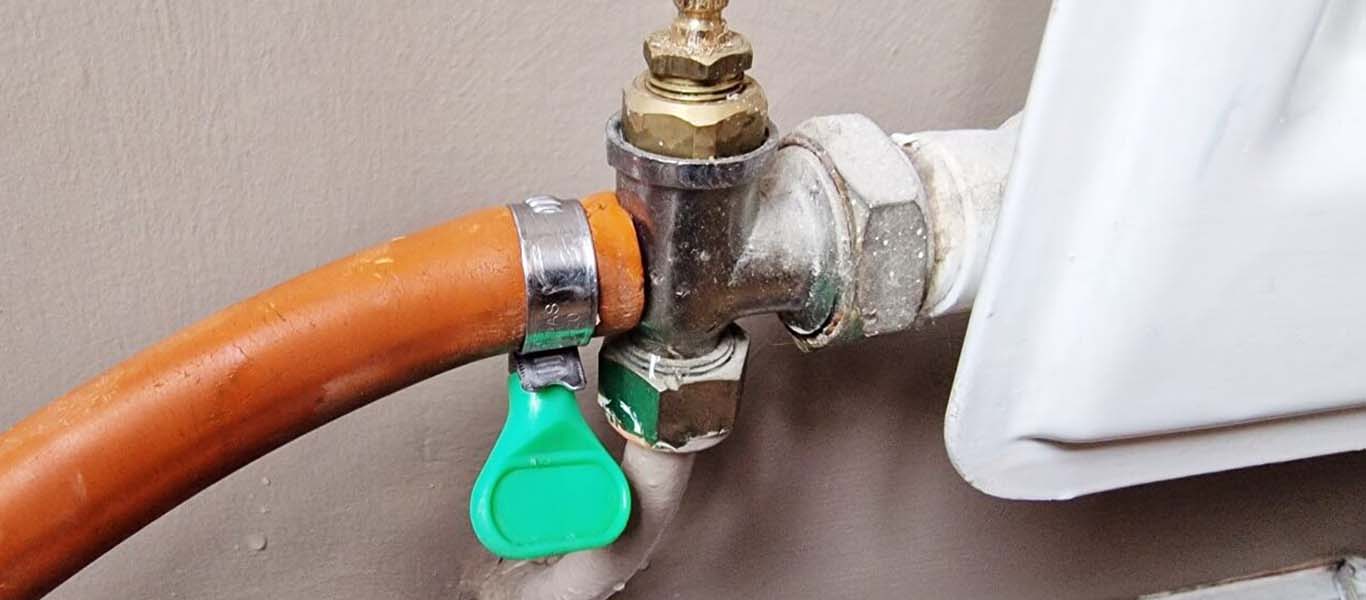
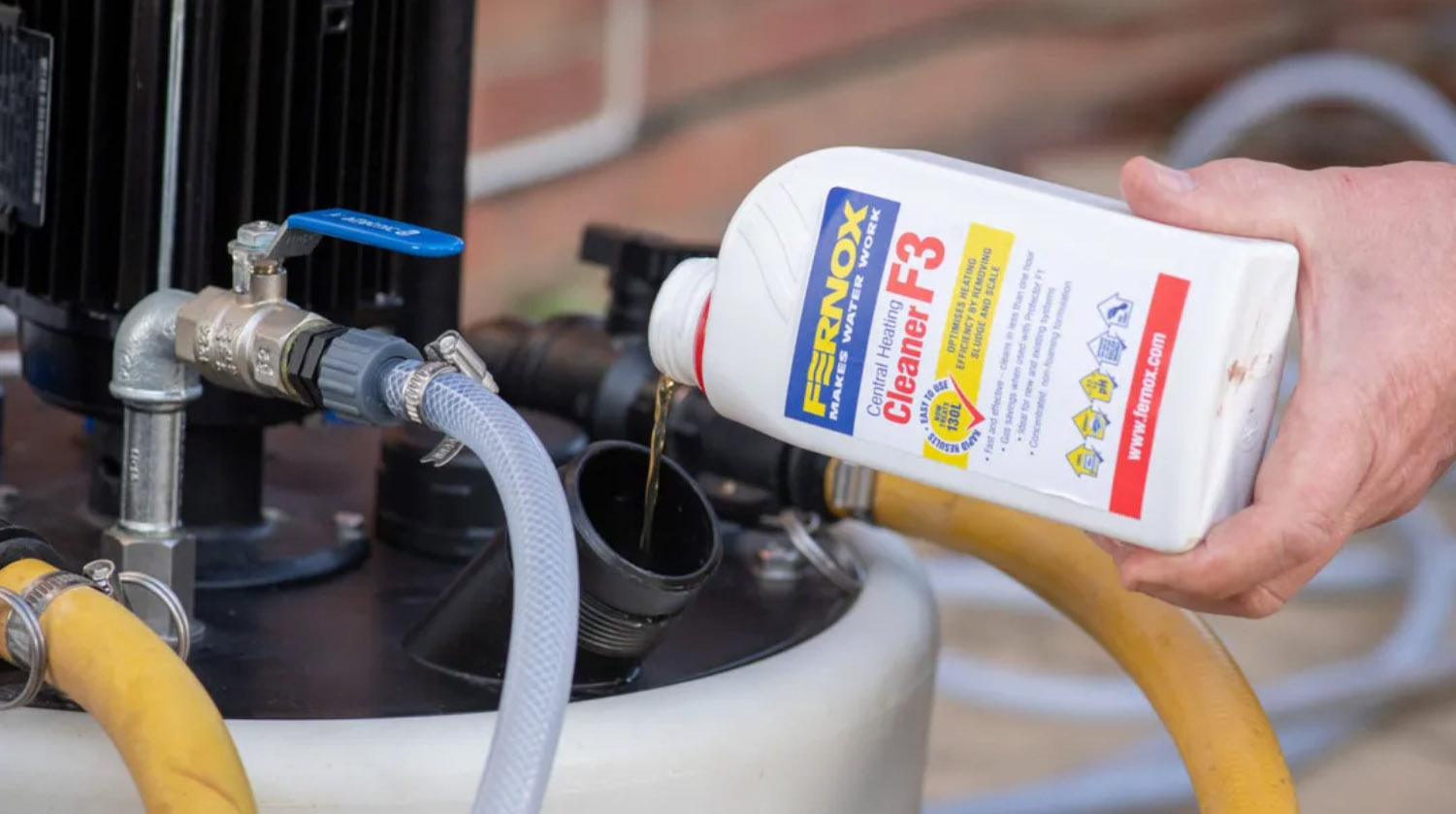
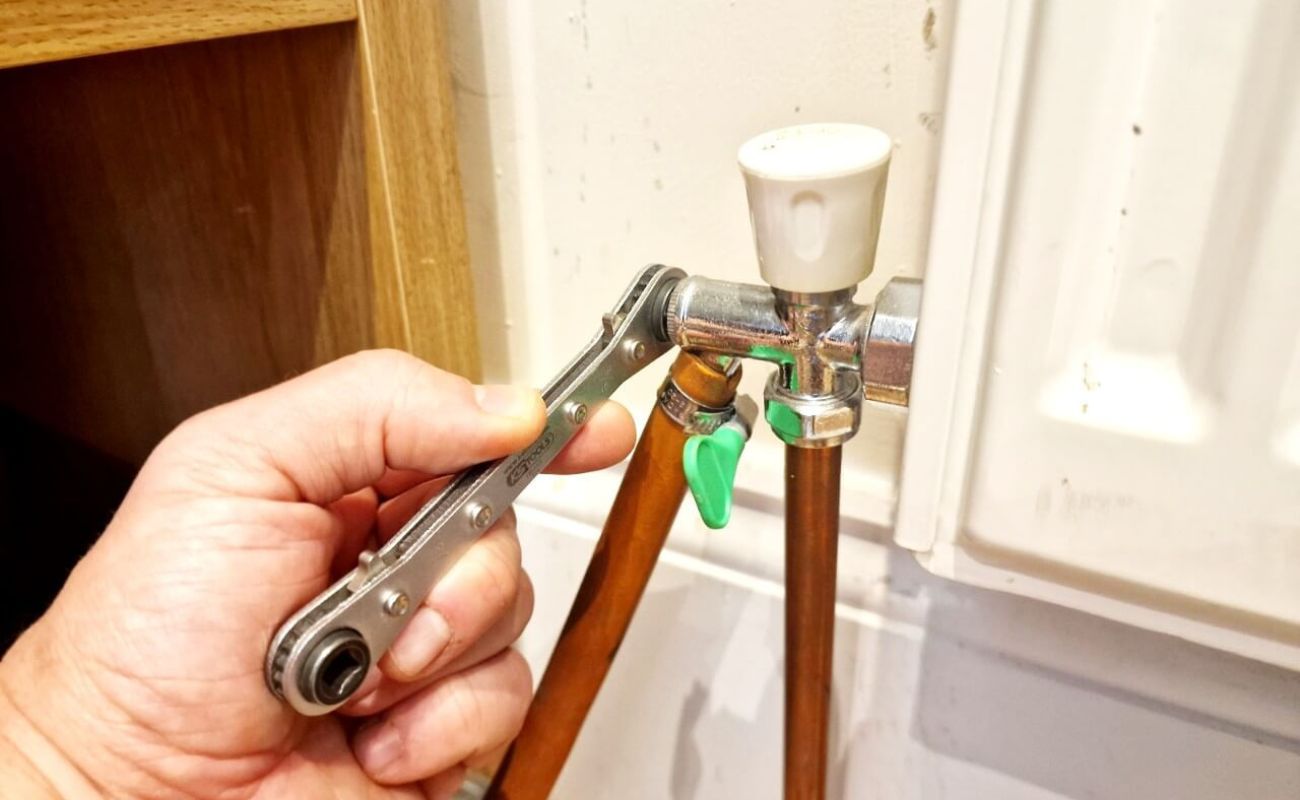
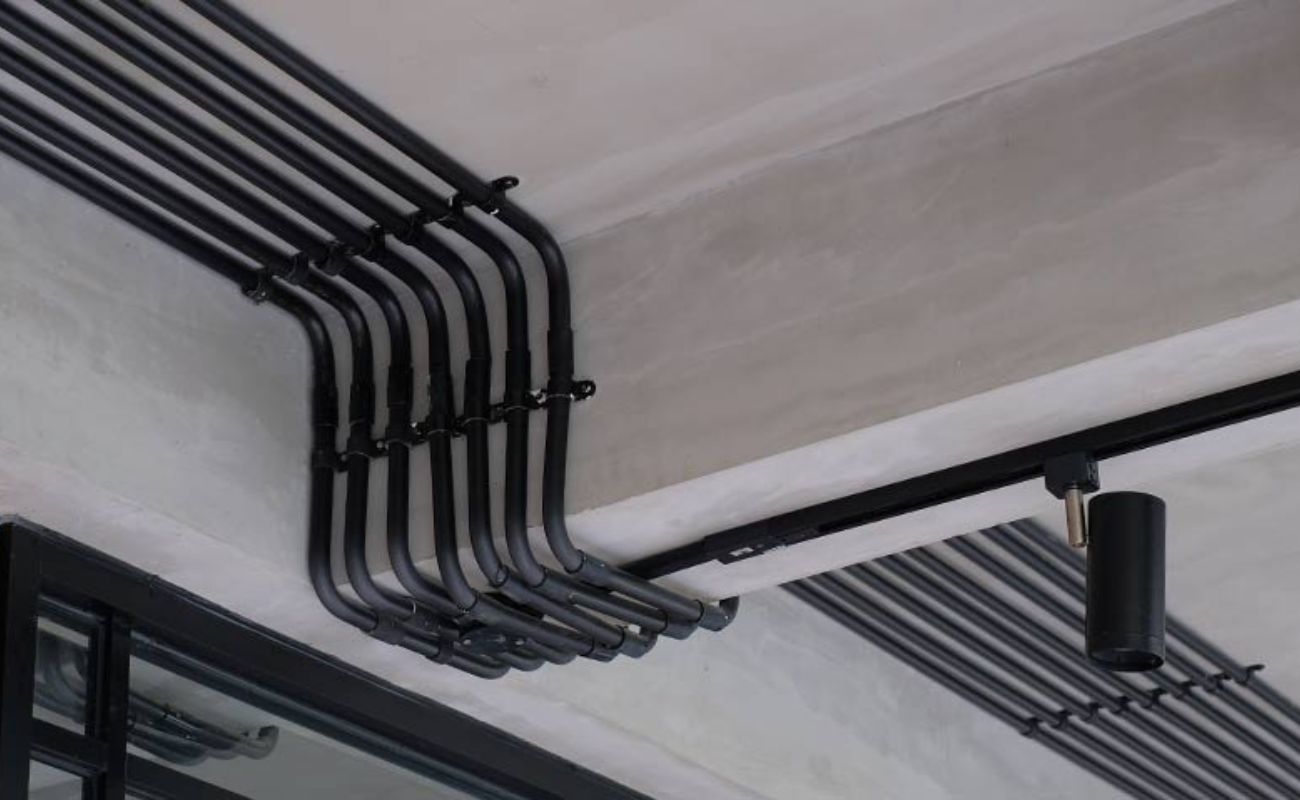
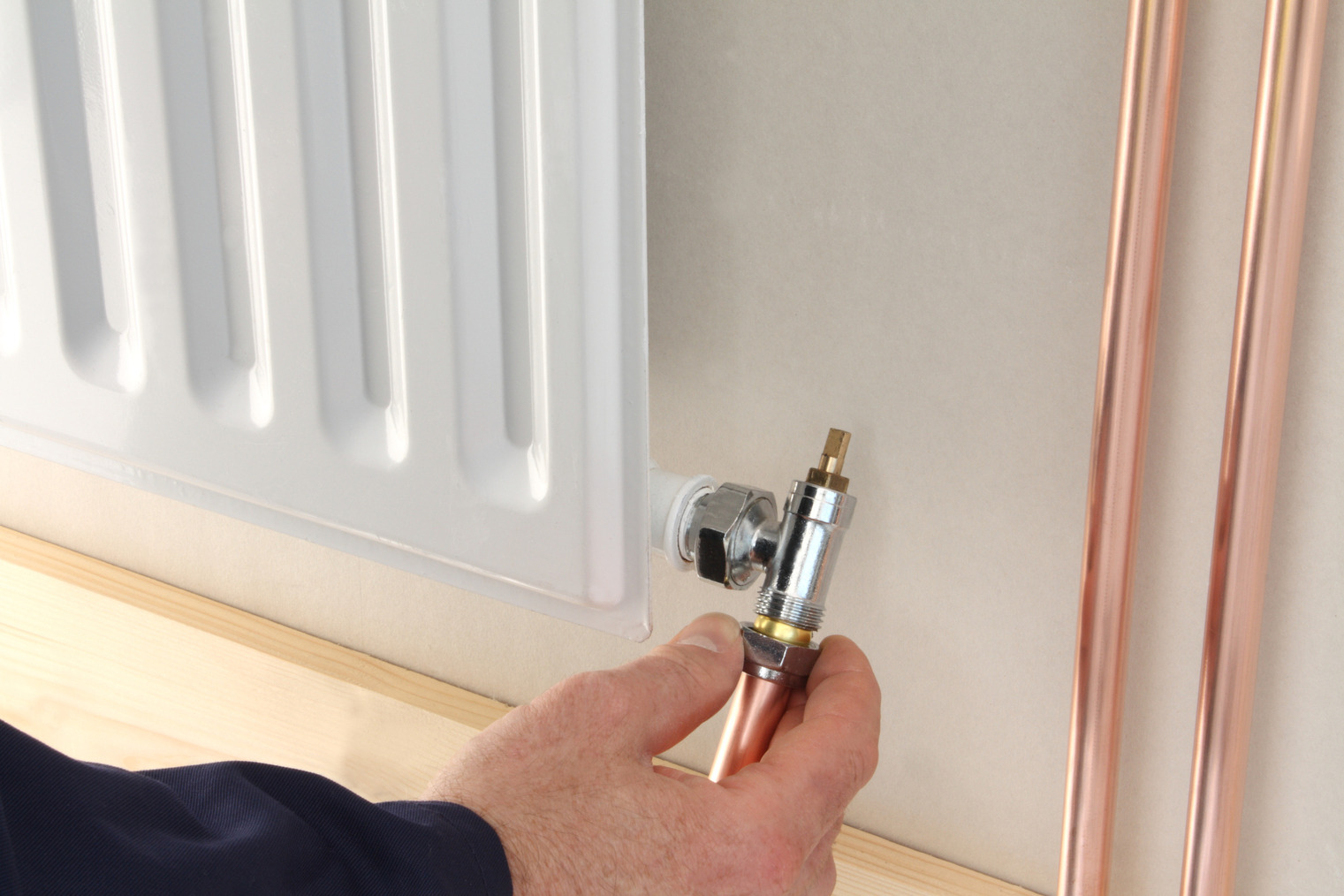
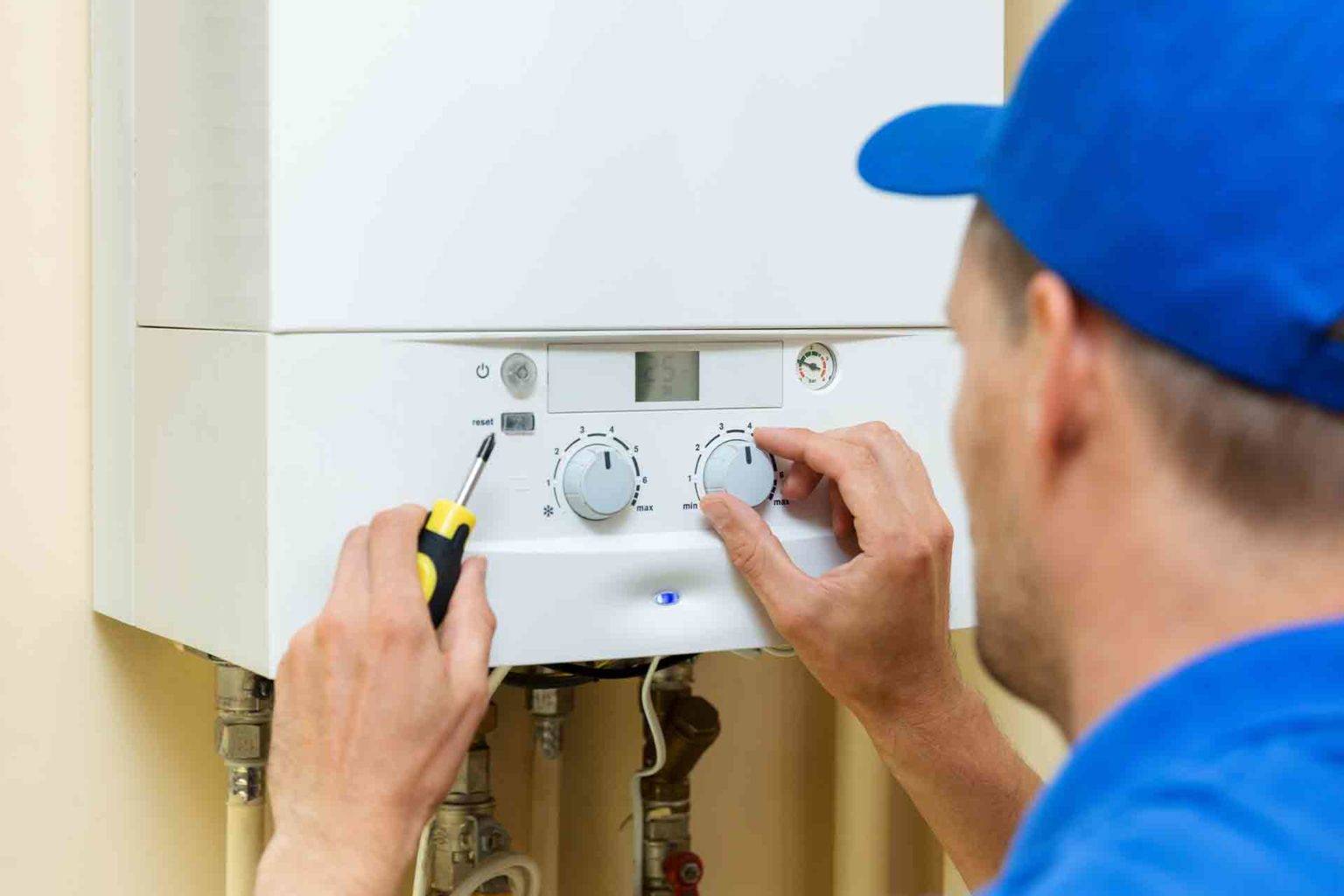

0 thoughts on “Central Heating Leaks – How To Fix”